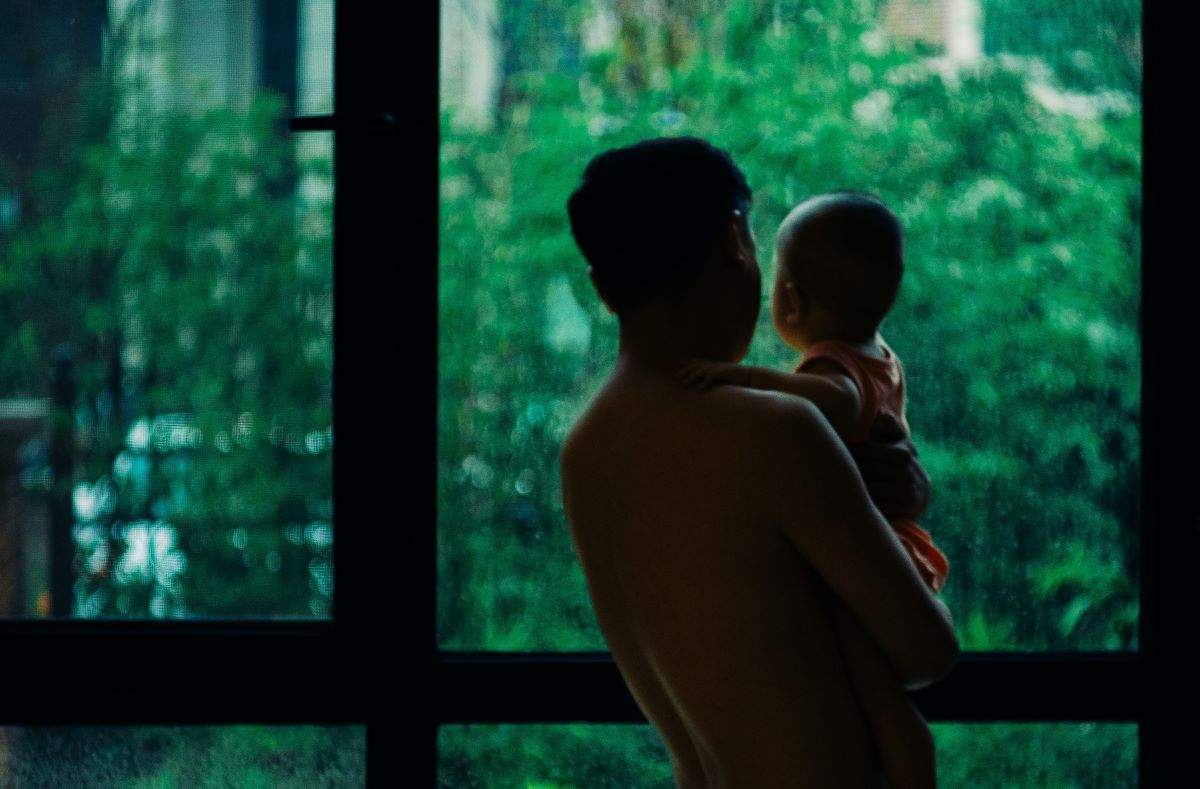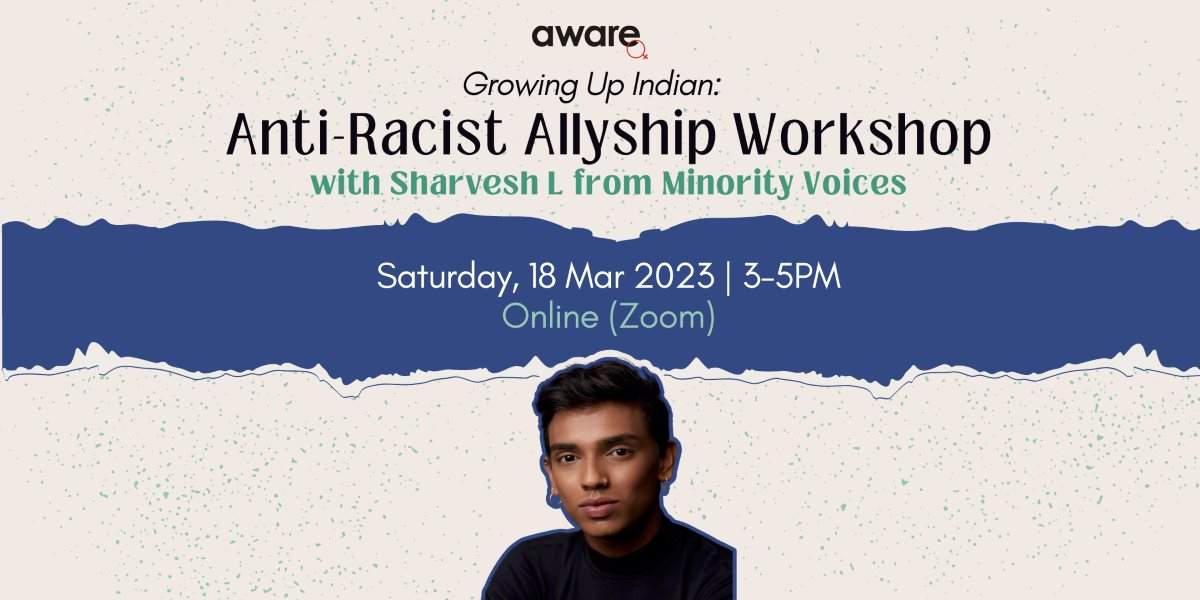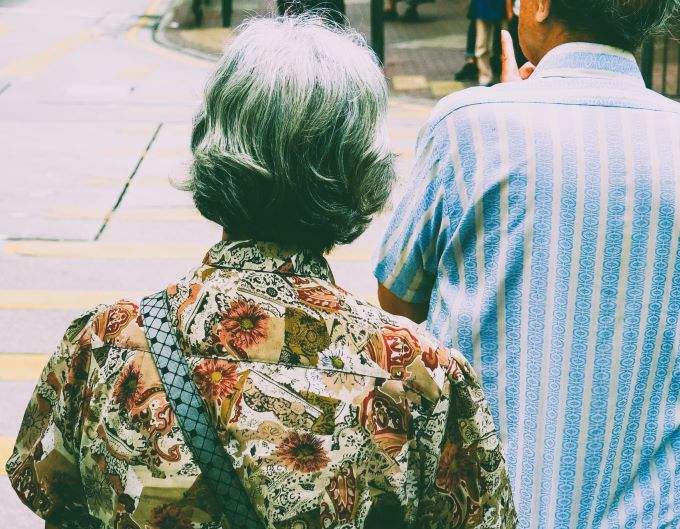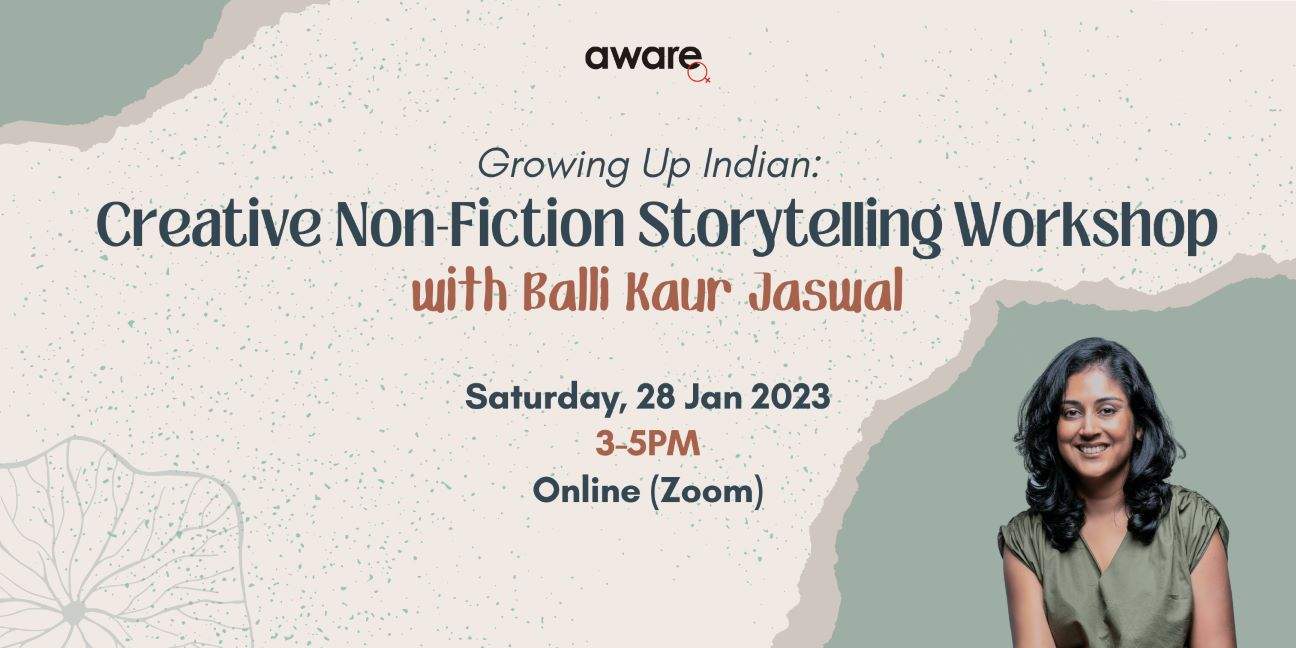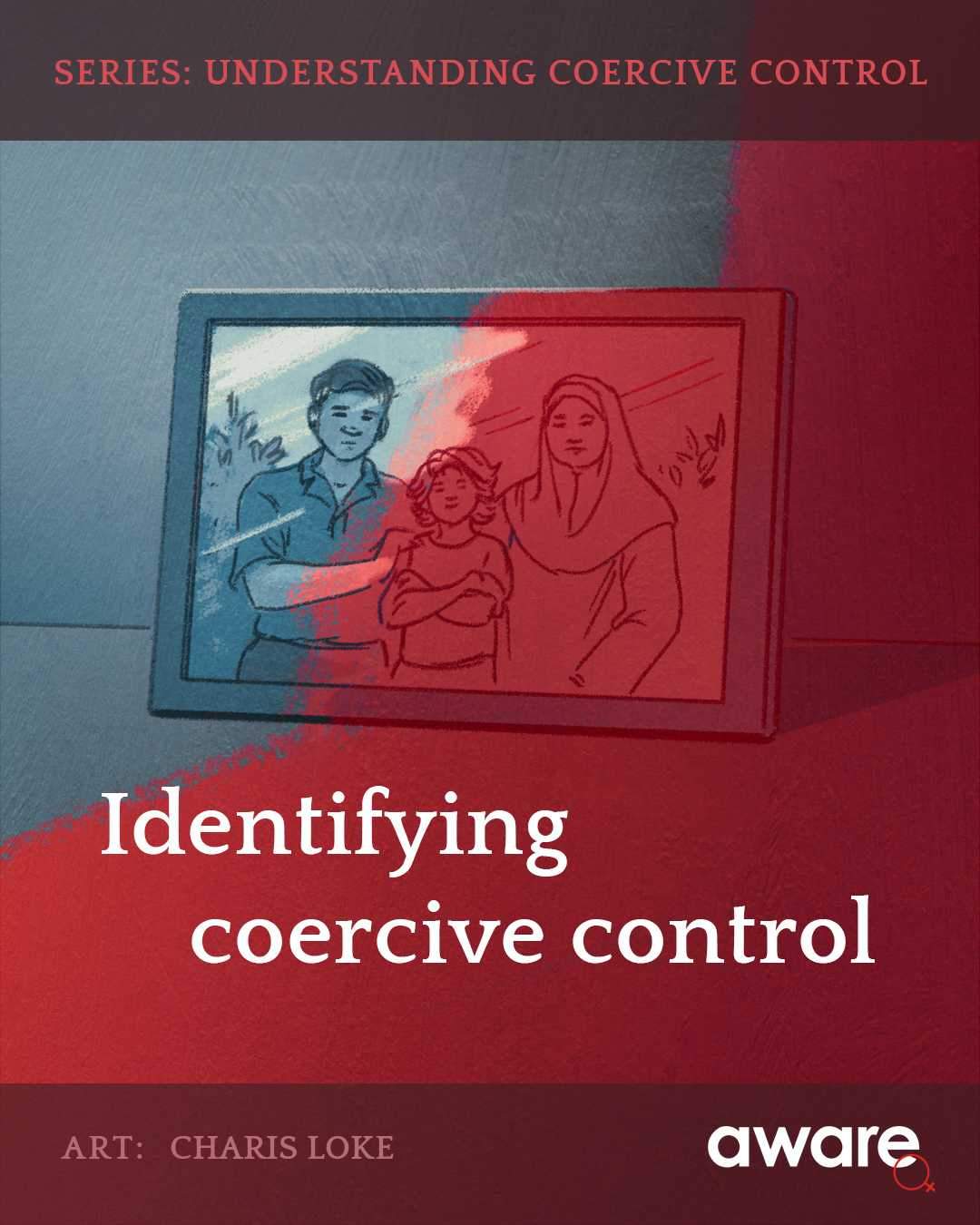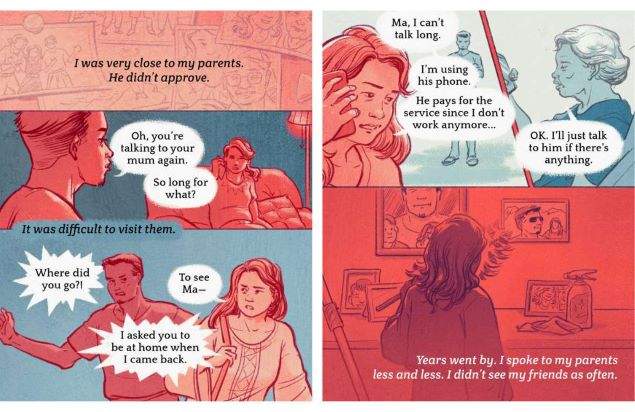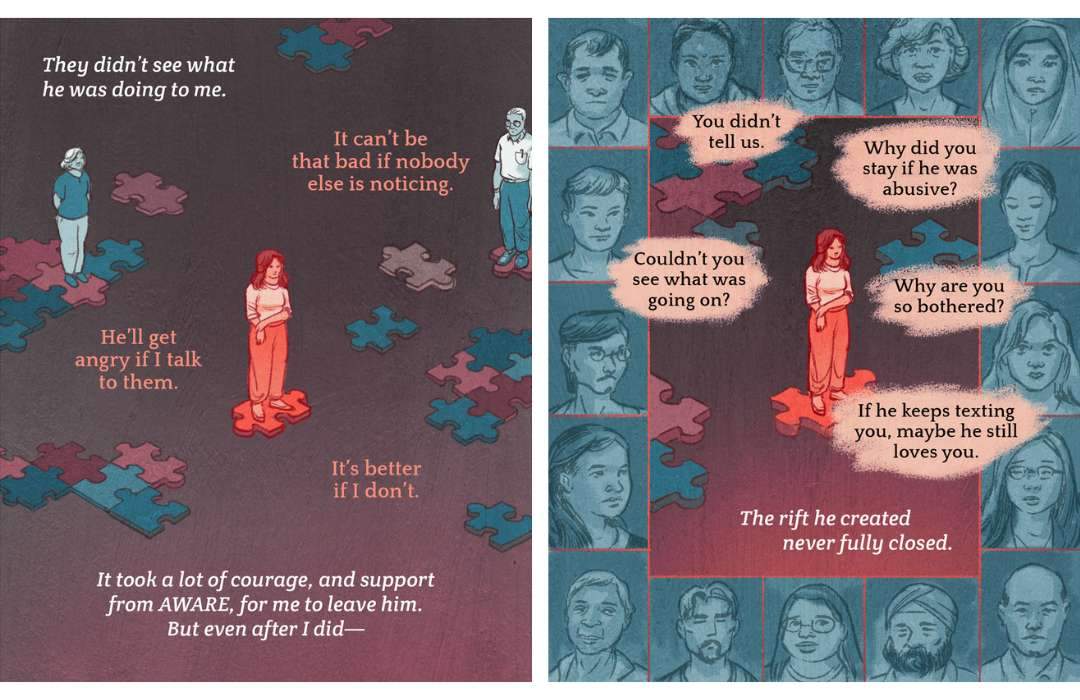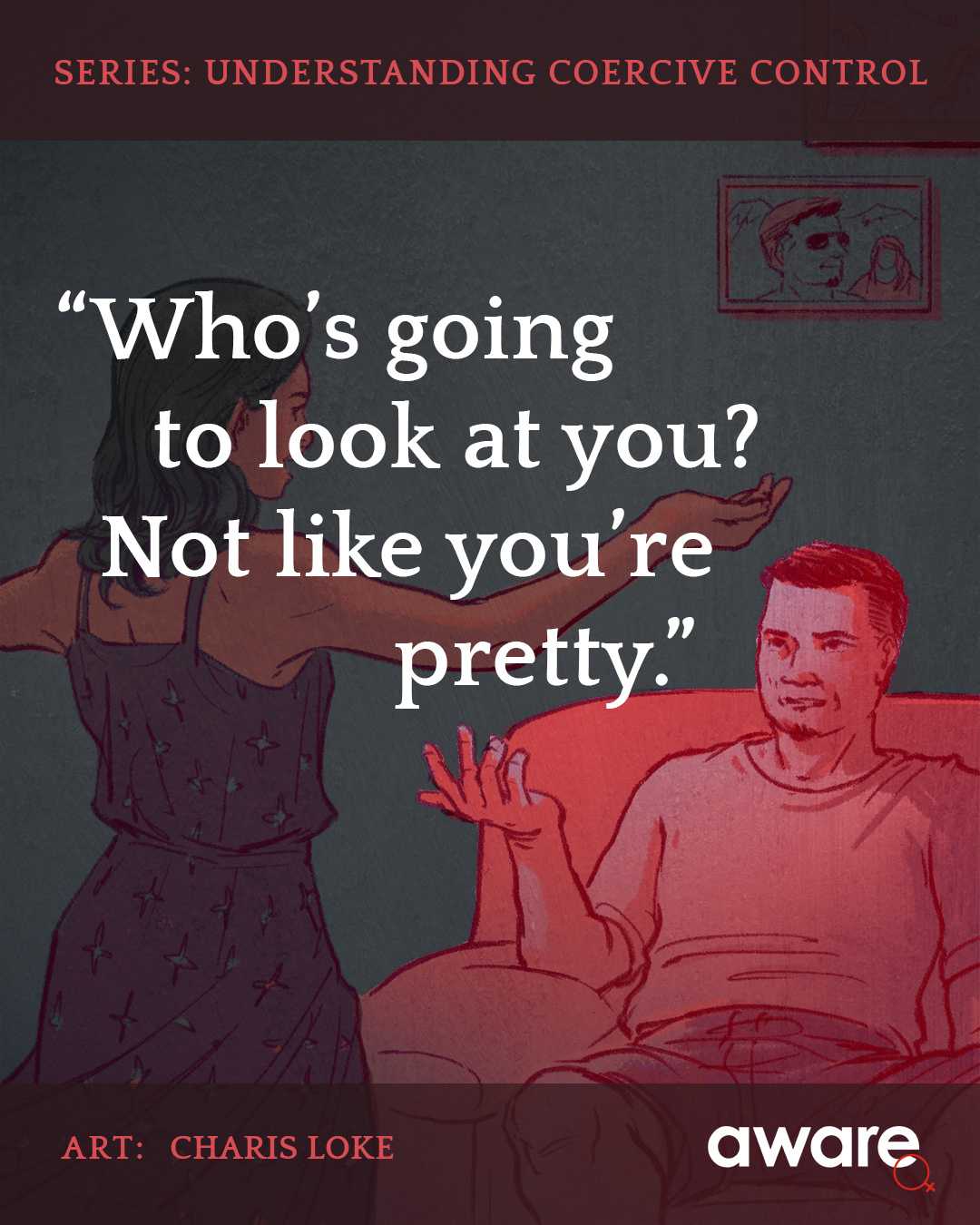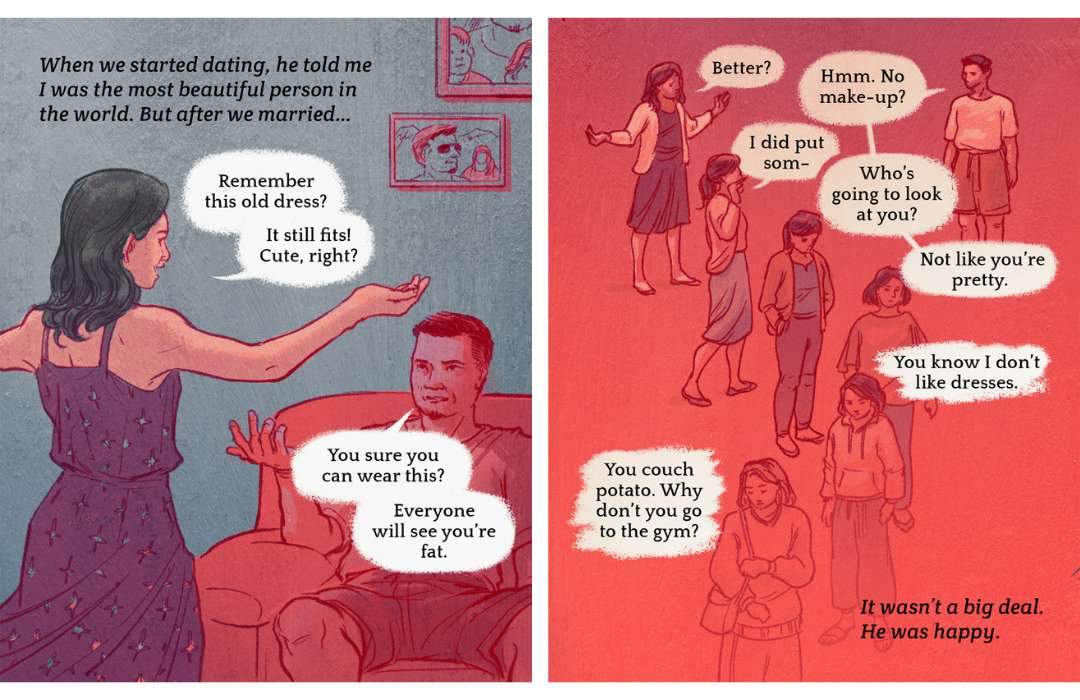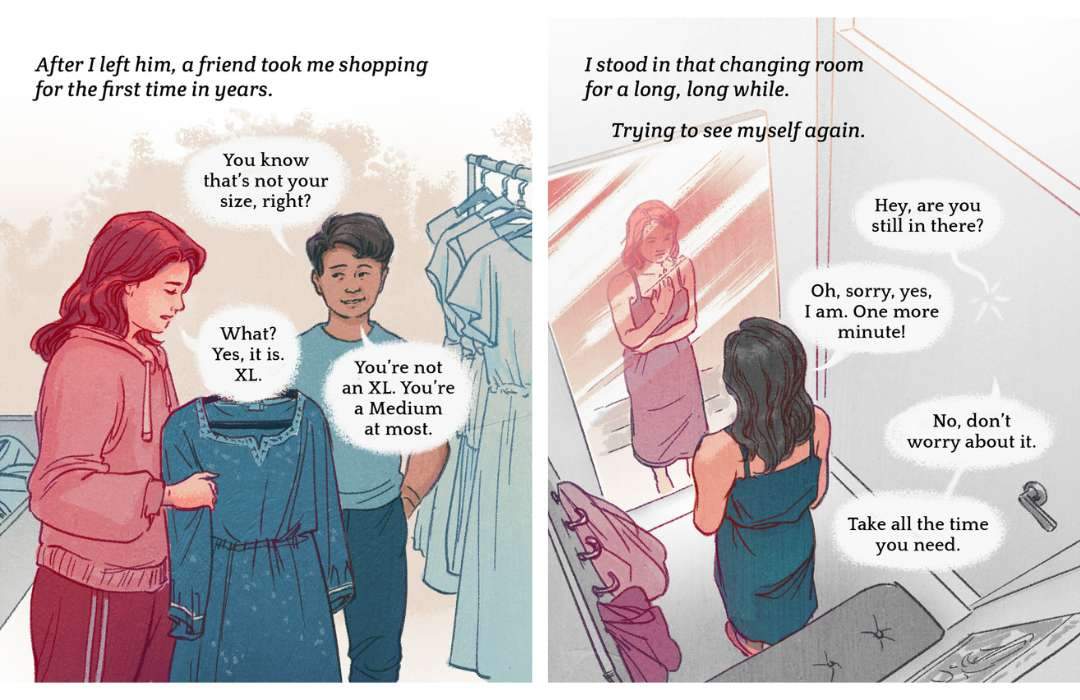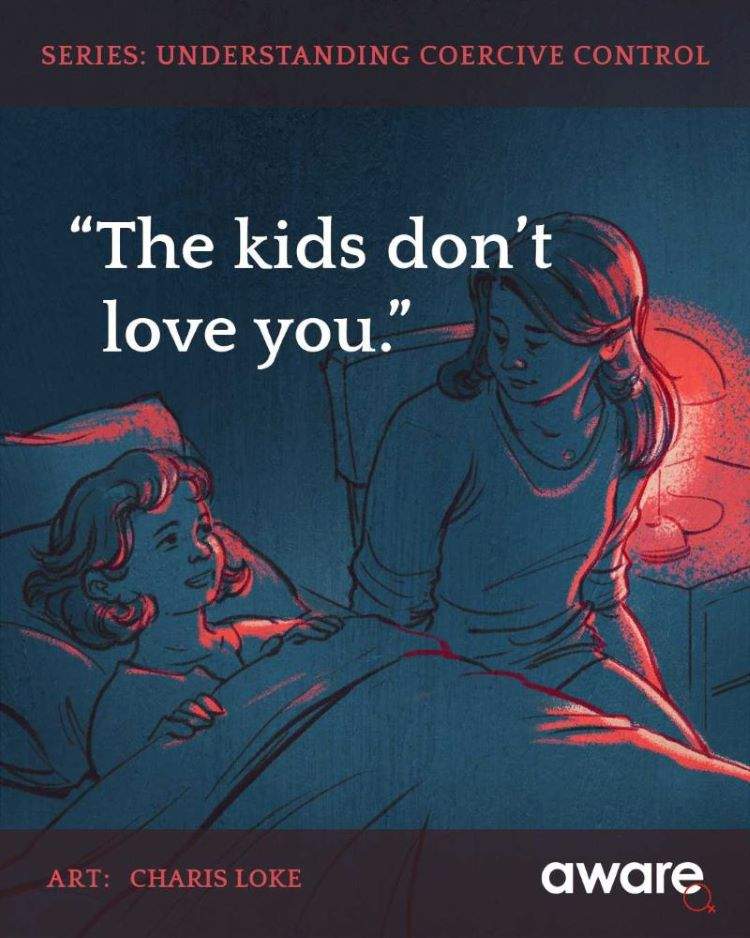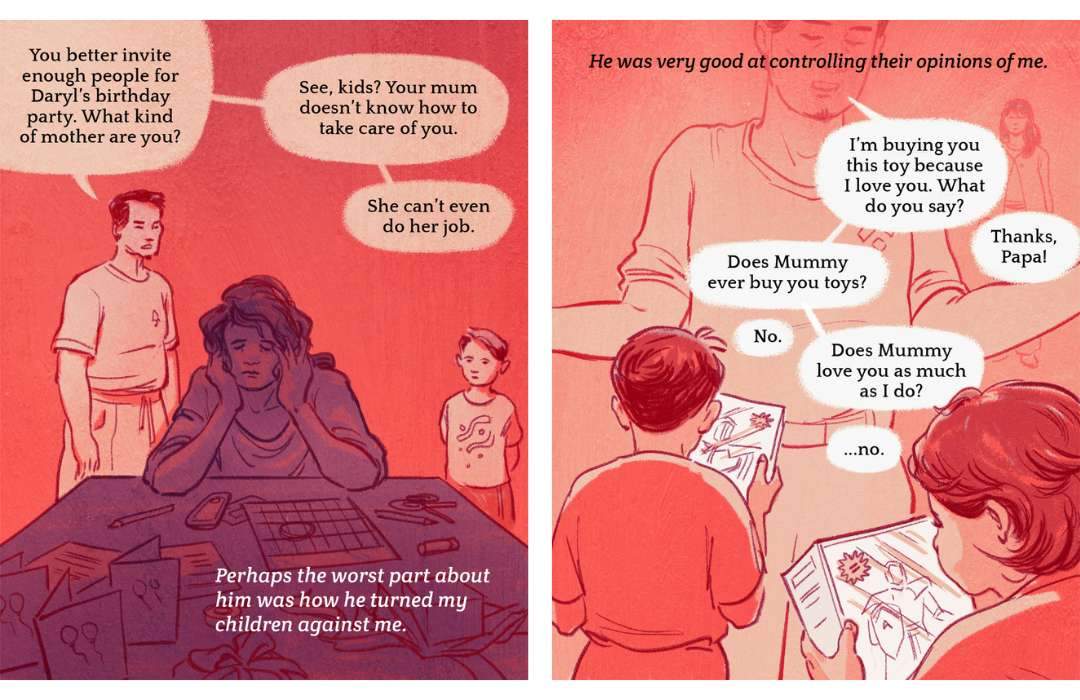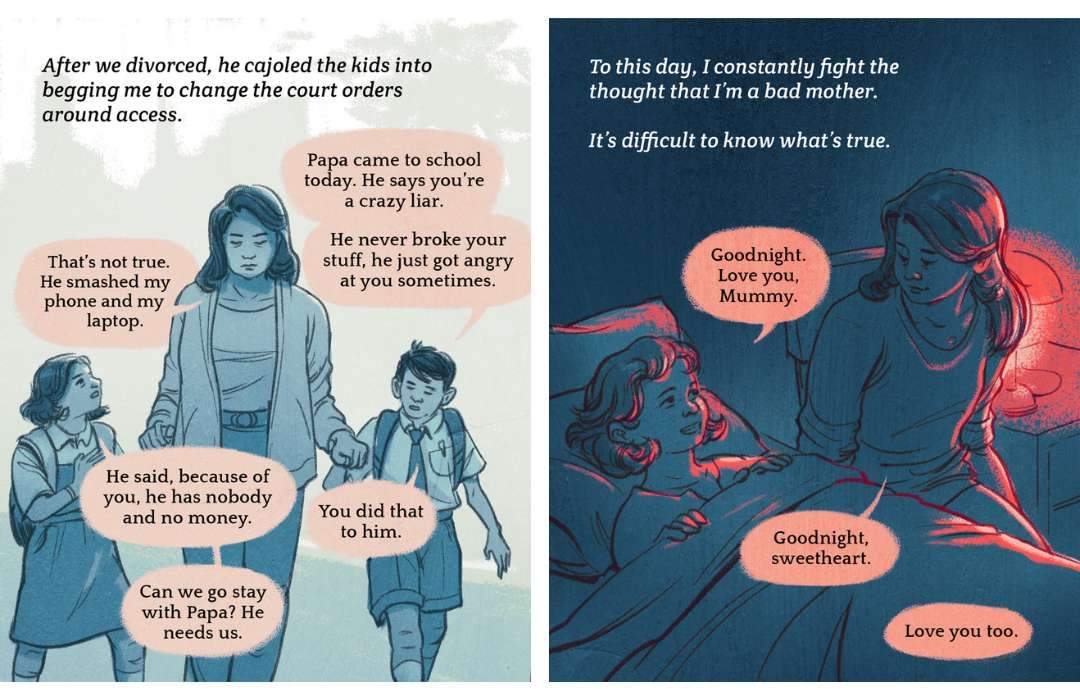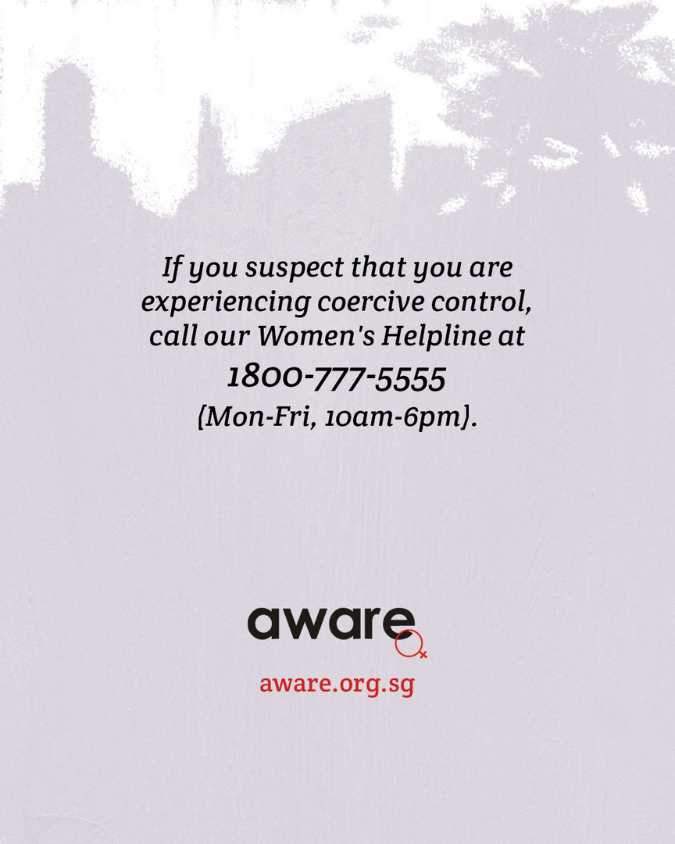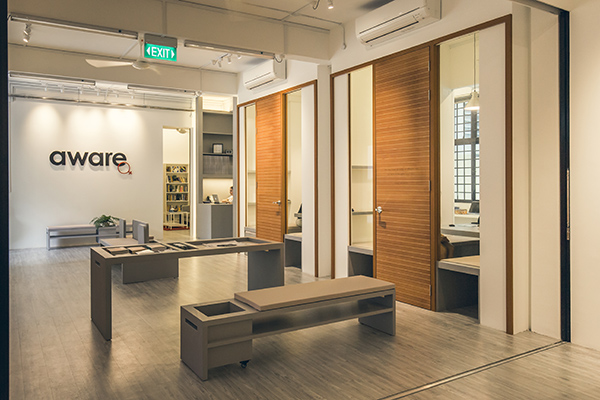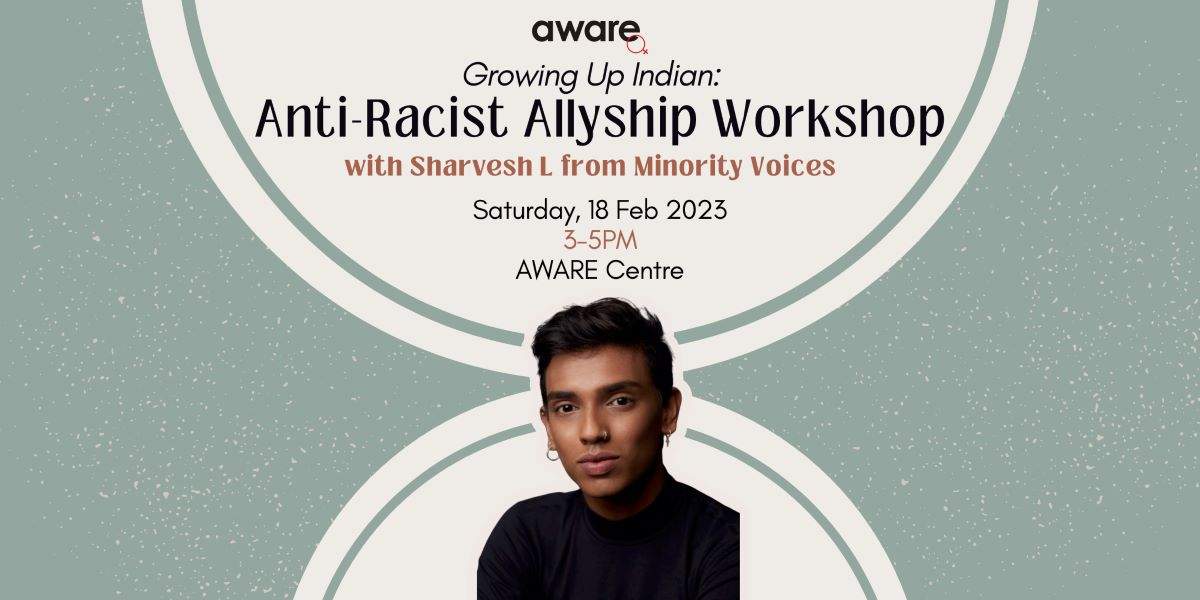
Written by Victoria Jagger, intern, AWARE
“What does allyship mean to you?”
This is the first question asked of the 25 participants at AWARE’s anti-racist allyship workshop on Saturday, 18 February 2023.
Sharvesh Leatchmanan (they/them), the energetic co-founder of Minority Voices Singapore, led participants through the engaging two-and-a-half-hour session, leaving all feeling empowered to be allies to Indian women and other marginalised people in Singapore. Sharvesh is an MA student in the Department of Gender, Sexuality & Women’s Studies at Simon Fraser University, where they serve as the Knowledge Mobilization Officer at SFPIRG, a student resource centre dedicated to social and environmental justice.
This workshop was conducted as part of AWARE’s Growing Up Indian project, which included the recent publication of What We Inherit: Growing Up Indian, a collection of personal essays detailing various individuals’ experiences being Indian in Singapore. The workshop was designed primarily for non-Indians living in Singapore who wished to become better allies to the Indian community; as such, participants were majority Chinese. Sherlin Giri (she/her), who contributed the essay “Adoi” to What We Inherit, was also present. She provided valuable insights into her experiences as an educator, a single mother and Indian Singaporean.
Here are five key takeaways from the workshop that might be useful for other anti-racist allies.
1. Education is a personal responsibility.
Firstly, Sharvesh informed participants that it is our responsibility to educate ourselves about the discrimination others face, instead of waiting for others to teach us. We can educate ourselves through reading, researching and (respectfully) asking minority friends and colleagues about their lived experiences.
Part of that education is recognising the difference between “anti-racism” and “non-racism”., Whereas non-racism refers to merely refraining from using one’s own racial privilege against others (but doing little to challenge racist norms), anti-racism involves active efforts to eliminate all forms of racism. Thus, Sharvesh informed participants, the difference between being non-racist and anti-racist lies in the choices we make.
Another goal Sharvesh set out was that participants understand how, as members of the majority race, racial privilege Impacts our daily lives. Educating ourselves about our privilege is necessary to create self-awareness and challenge racist ideas and norms.
2. Allies are necessary for change.
Through guidance and encouragement, Sharvesh helped the participants decode the term “allyship”. They described it as an “active, consistent and arduous practice of unlearning and reevaluating, which one in a position of power or privilege undertakes to operate in solidarity with a marginalised group”.
Some discussion centred around whether participants, as racially privileged people, had a “right” to speak up in situations where minorities experienced racism. As members of a dominant race, they after all have little sense of the lived experiences and discrimination minorities endure daily.
However, Sharvesh and Sherlin pointed out that because participants yield power and have access to audiences that minorities do not, it is important to use their voices and spread visibility about racial injustice in order to inspire change.
The group identified actionable ways to be allies. Some examples included:
- listening more
- resisting the urge to “save” those we want to help
- seeking guidance from the marginalised
- actively discussing power and privilege
- being accountable for our mistakes
- de-centring ourselves and our own emotions.
3. Storytelling can be a powerful anti-racist tool.
The power of storytelling is where the imperative to “listen more” comes into play.
Sharvesh invited Sherlin to share her experiences growing up as an Indian Singaporean. She detailed the complexities of trying to figure out her identity in a society that typically labels people as “CMIO”: Chinese, Malay, Indian or Others. Sherlin herself identifies with Malay culture and speaks Malay, does not speak Tamil, and did not participate in activities like Indian dance while growing up. Thus, she demonstrates that Indian Singaporeans are not “monolithic”.
Many racial struggles still remain—Sherlin described her daughter’s frustration with microaggressions at Junior College. Nevertheless, further conversations with her children have led Sherlin to believe that Singapore society is slowly getting more conscious about racism and racial privilege. She mentioned the power of social media and her conviction that the younger generations are more aware and are having the conversations that were swept under the rug when she was at school.
This sparked an interesting conversation amongst workshop participants about how allies talk to older generations, such as their parents, to promote dialogue and awareness about racism.
4. It is not always easy to be an upstander.
Sharvesh explained the differences between a bystander—an individual who is unlikely to intervene in a situation where another is discriminated against or harassed—to an upstander, who actively calls out inappropriate language or behaviour.
The participants broke off into small groups to share examples where they were either bystanders or upstanders in violent situations. These included encountering colleagues’ racist hiring practices, hearing snide comments about dietary restrictions and witnessing teachers unfairly singling out students of a particular race. Everyone agreed that context was important: It might not always be easy to be an upstander if you yourself lack relative power in a situation.
Afterwards, Sharvesh introduced Right to Be’s “5Ds” bystander framework, which comprises five tactics: Direct, Delegate, Delay, Distract, and Document. Individuals can use these to be a successful upstander in situations of discrimination.
The groups then applied the 5Ds to real-life situations of racial discrimination taken from recent Singaporean headlines: For example, they suggested casually pretending to know the victim in order to step in and protect them against abuse. This exercise empowered participants with simple ways to stand up against racism in everyday situations.
Sharvesh also brought up the concepts of “calling out”—where one brings public attention to harmful actions—and “calling in”—holding a private conversation to inform a person of their prejudicial behaviours. Both calling out and calling in can be useful, depending on the circumstances.
5. Allies can tackle systemic racism, too.
Lastly, the workshop touched on the importance of recognising not just individual acts of racial prejudice, but the systemic racism deeply embedded within some laws, policies and societal structures. Sharvesh shared ways that people could fight against this, such as writing to MPs, researching, volunteering, and supporting advocacy movements.
Feedback from those who participated in the Anti-Racist Allyship workshop was overwhelmingly positive. Attendees found it “enlightening”, “eye-opening” and “digestible”, and came away inspired by the “much-needed conversations” on anti-racism in Singapore.
Interested in attending our next Anti-Racist Allyship Workshop? Sign up for our (online) 18 March 2023 edition now!





